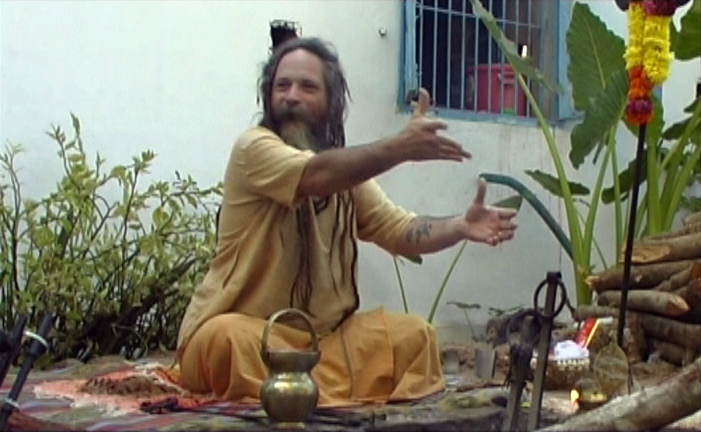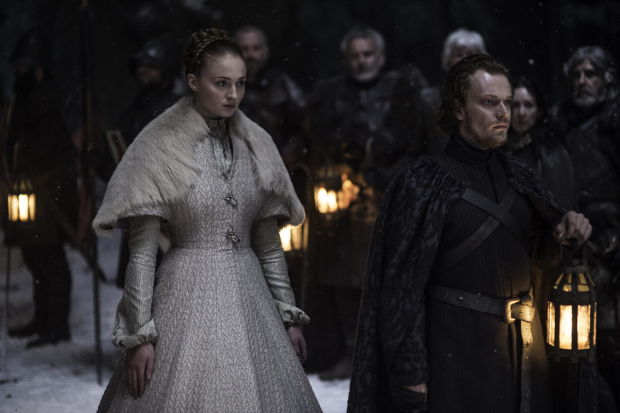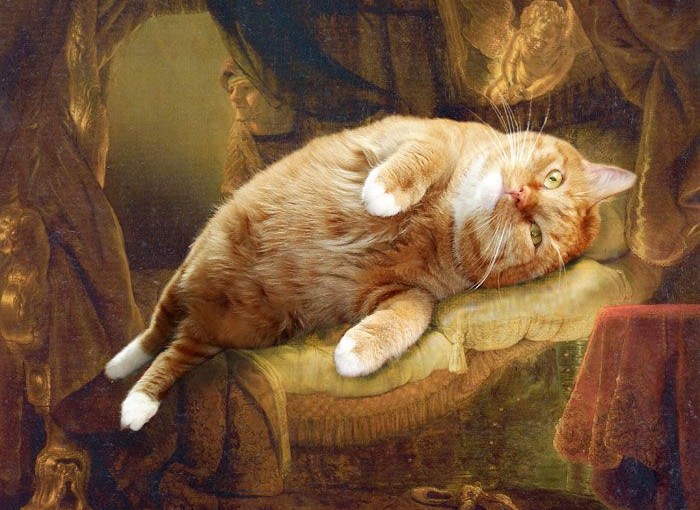Being ecologically friendly has become a more common virtue instead of the purview of socialist hippies. However, it is important to know your Green Personality to better facilitate the ways you will naturally be more green. Because we’re talking about human personality, I think they can best be summed up by four types and no more.
The Consumer

Any chance you have to buy something is a chance to prove your commitment to the environment. Packaging on any product should have no fewer than three of the following: a cheerful green leaf, the recycling symbol, the declaration that the product is free of something, a symbol stating that the product is organic, the words “pure,” “local,” “natural,” “vegan,” or “raw,” the homey names of the company owners, or undyed brown paper that is not necessarily post-consumer. When friends enter your home, they will see that you only choose the best gluten-free, natural, glycerin hand soap and that you have eschewed the cotton towels you already have for new eco-friendly, sustainably-sourced bamboo towels. You will invest thousands of dollars to save a few bucks on heating and cooling each year. In the warm glow of your retail therapy, you know you’re doing your bit to save the earth.


